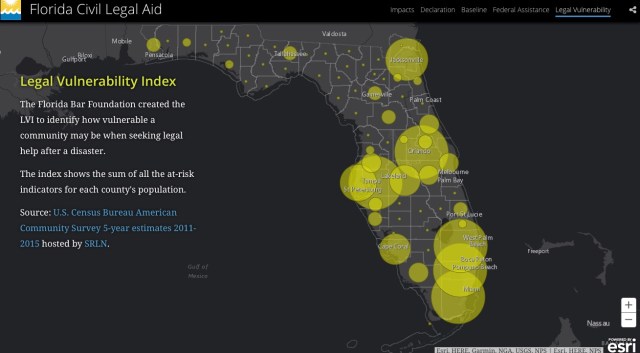I offer some propositions as to where the Mueller investigation is headed, and what can and will happen:
One: Under No Circumstances Will Trump Offer Testimony Under Oath.
Guilliani posturing notwithstanding, there is no chance that Trump will testify for the grand jury. His lack of self-control and lack of regard for the truth mean that he would commit perjury. Remember, anyone who wants to avoid a “perjury trap” has a simple option — tell the truth. (Indeed, if he wA capable of the careful responses a grand jury requires, the testimony would reveal his ability to control, and his entire public persona would be revealed as a fraud.)
Two: Mueller Will Not Fail to Pursue the Testimony.
The reason is simple. If he lets the issue go, he will have conceded that Presidents are effectively above the law, crippling future investigations. This is not a legacy he can afford to leave. Indeed arguably, a partial loss in the Supreme Court would be less destructive than a failure to pursue. Even this Court is very unlikely to give a full pass to such a lawless president.
Three: Any Litigation to Force Testimony Will Do Huge Damage to Trump and Lay the Groundwork for Impeachment.
It is impossible for me to imagine any subpoena-related litigation to occur in a context-free environment. It will be important for Mueller to establish his need for the testimony, and rebut Trump’s claims of lack on need. Presumably the pleadings will be released, and if not their contents are likely to leak. In any event, they will reveal much of prior grand jury testimony. Moreover, they will be the first coherent document from a government agency pulling together to overall case. As early efforts in the media to do this have shown, even the public record, when organized, is devastating. Remember how very little of what is already publicly known has made itss way into indictments. It will at times of Mueller’s choosing.
Four: The longer Time Goes On, the Harder It will be for Trump to Destroy the Investigation.
Right now, it has been in the Democrats’ interests to appear to not make this midterm election as being about Trump and he investigation. This is not because it is not, but because they can have their cake and eat it in different districts. A pardon or firings would change that dramatically, and surely not to Republicans’ benefit. Rather it would put Republicans in any impossible position, given their “wait and see” approach so far.
After the midterms, the same calculations will apply — except that dramatic action will trigger an impeachment inquiry (assuming that predictors are right). It would seem much less vindictive to launch impeachment immediately after such obstructive actions, rather than later.
If these ideas are right, then the Trump camp’s flailing are indeed a sign of desperation, not strategic brilliance.


